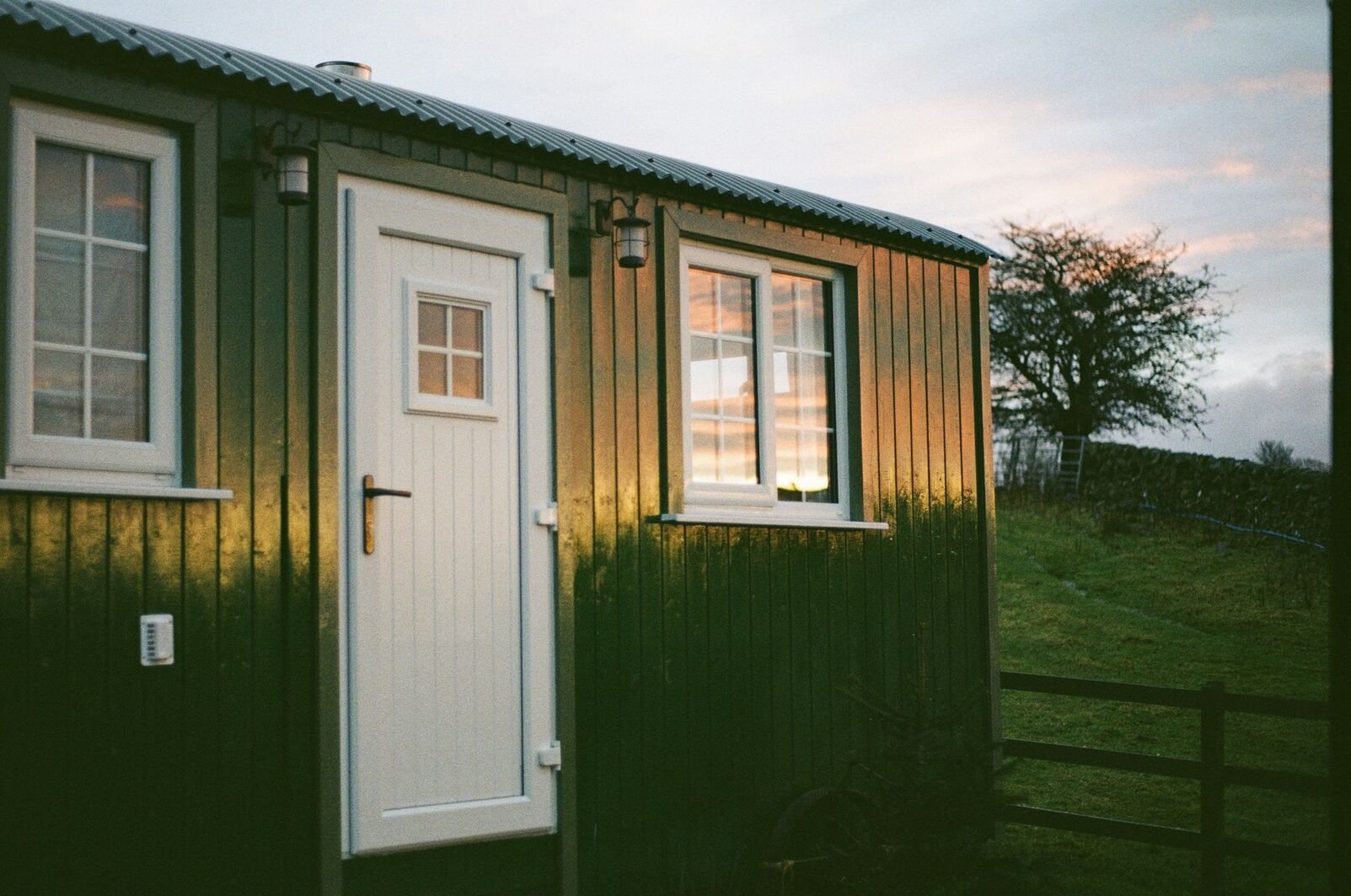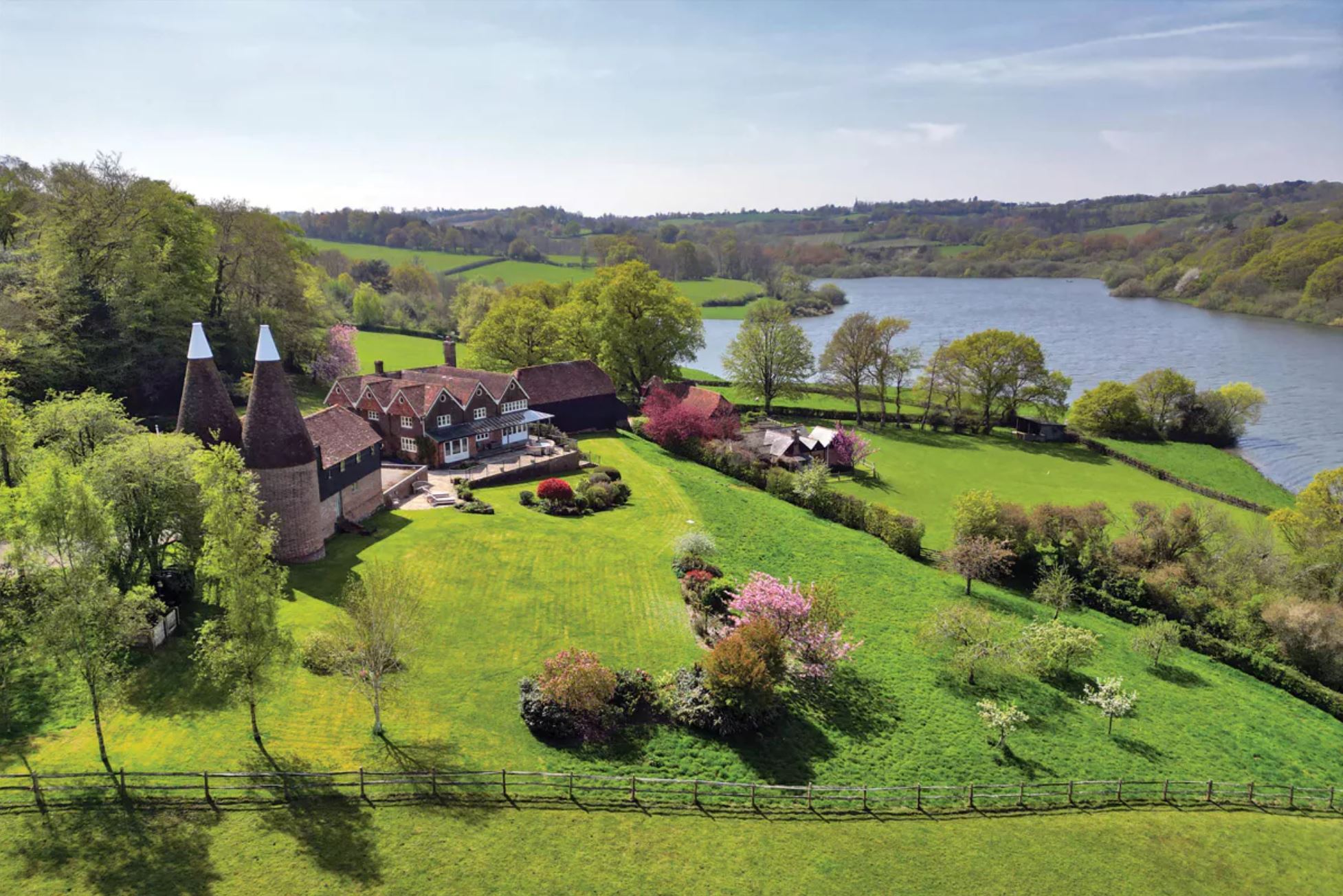Second nature: a modern approach to traditional country life
How innovative rural estates are providing visitors with experiences that are both inspiring and educational.
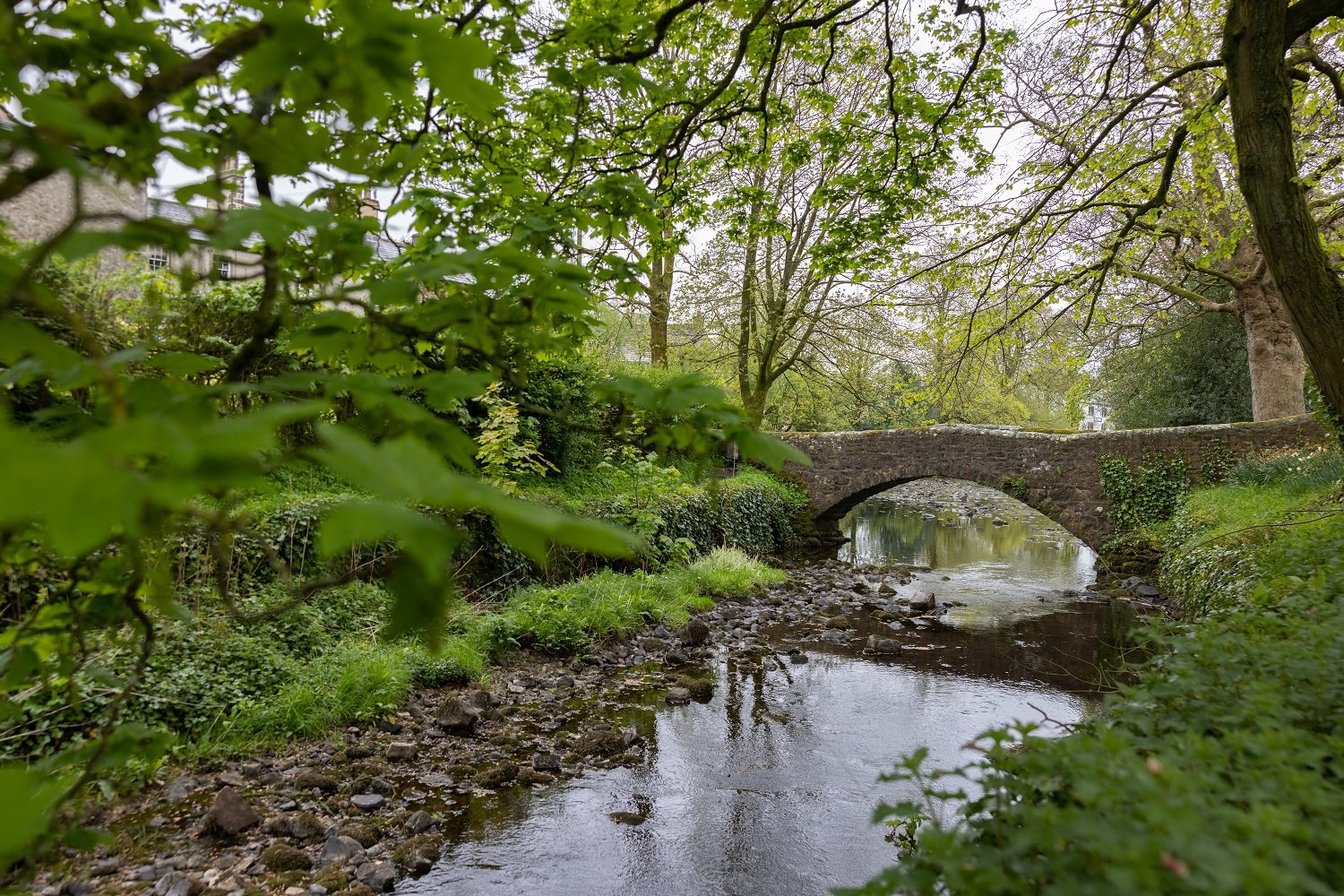
A family day out at the Ingleborough Estate in the Yorkshire Dales could include a climb up one of the Yorkshire Three Peaks, a 1.3 mile ramble through the wooded nature trail, a 500 metre exploration of Ingleborough show cave and then lunch or a snack at the Old Sawmill Café. Meanwhile, on the Kent Downs, Squerryes is a 2,500-acre estate that provides an equally enticing if rather more adult focused day out based around the wine it produces. Visitors can tour the vineyard, join in a tutored wine tasting and dine at an AA Rosette award-winning restaurant.
These two agricultural estates might be some 300 miles apart but what they share is a proud and long-standing family heritage combined with the ability to reinvent themselves for the modern world. By opening their doors to the public with a variety of activities and annual events, both estates provide an excellent day out in the countryside while also broadening their own revenue stream.
“Ingleborough Estate is centred around the beautiful heritage village of Clapham, a destination in its own right,” says Philip Farrer who, with his wife Maria, currently oversees the Estate. “A significant number of local homes are owned by the estate as well as some local farms. We see the estate as the glue that holds this thriving village together.”
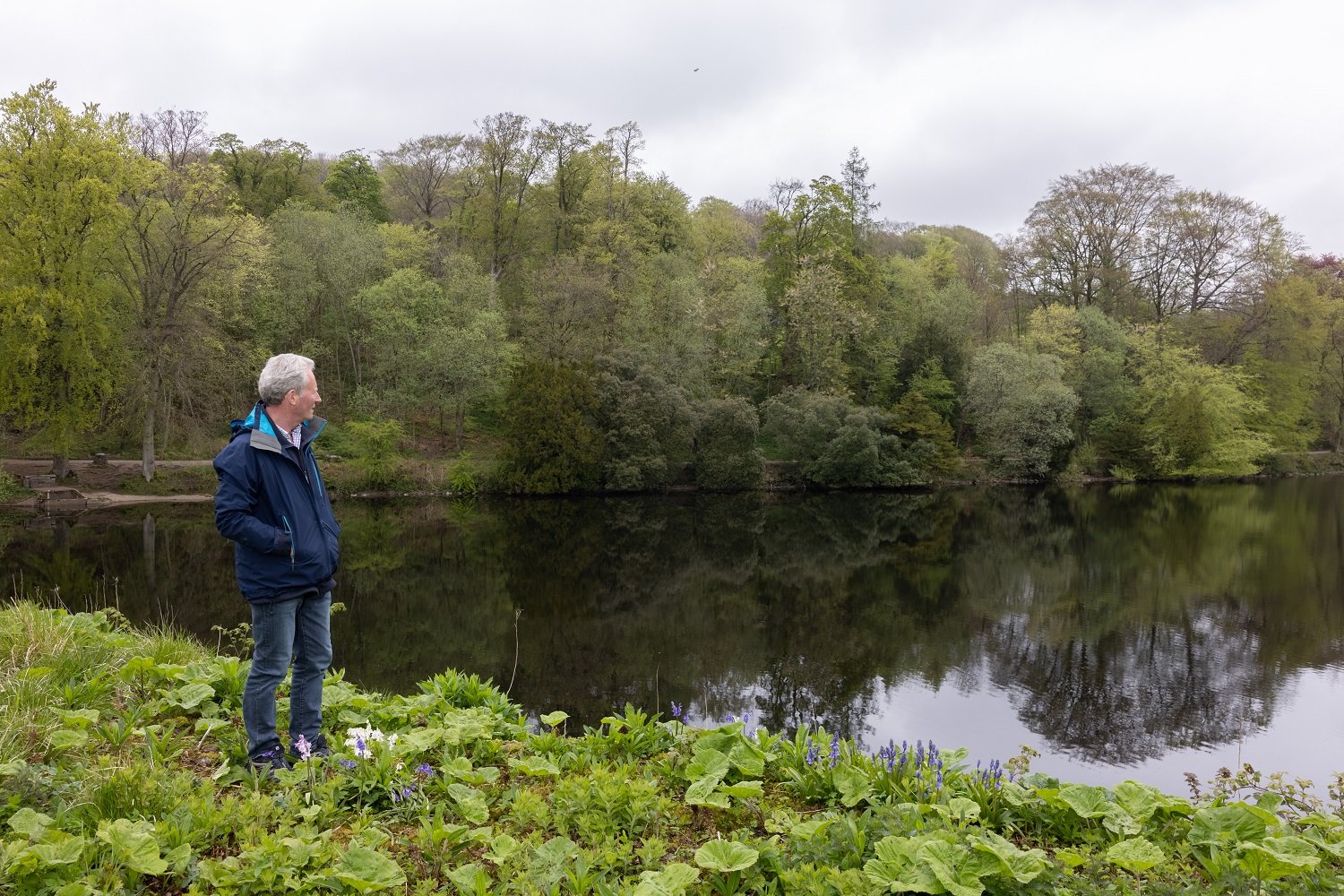
The estate gets around 60,000 visitors a year and along with residents, they can now enjoy delicious coffee and food while sitting among historic machinery at benches embedded with enormous saw blades. “We know the village, surrounding landscape, cave and nature trail are strong visitor attractions so it seemed logical to open a café, especially as we had a wonderful space in a historic sawmill,” says Philip. “Our goal was to create a unique visitor experience by combining a great café offering with a ‘living museum’ that showcased the heritage of the building.
As a stockbroker turned farmer with a career that took him and Maria from Hampshire to New Zealand and back, it was only in 2014 following the death of a distant relative that the couple began to be involved in the Estate before ultimately taking responsibility.
“No two days are the same,” says Philip. “From woodland and conservation projects to engaging with tenants and village life, helping in the café or community shop, driving for film crews or chatting with the many visitors and school groups who come to the village, this and so much more can come into an unpredictable working week. Our work is intertwined with village life and the team is involved with a complex and diverse portfolio of activities that require focused management from the right people.”
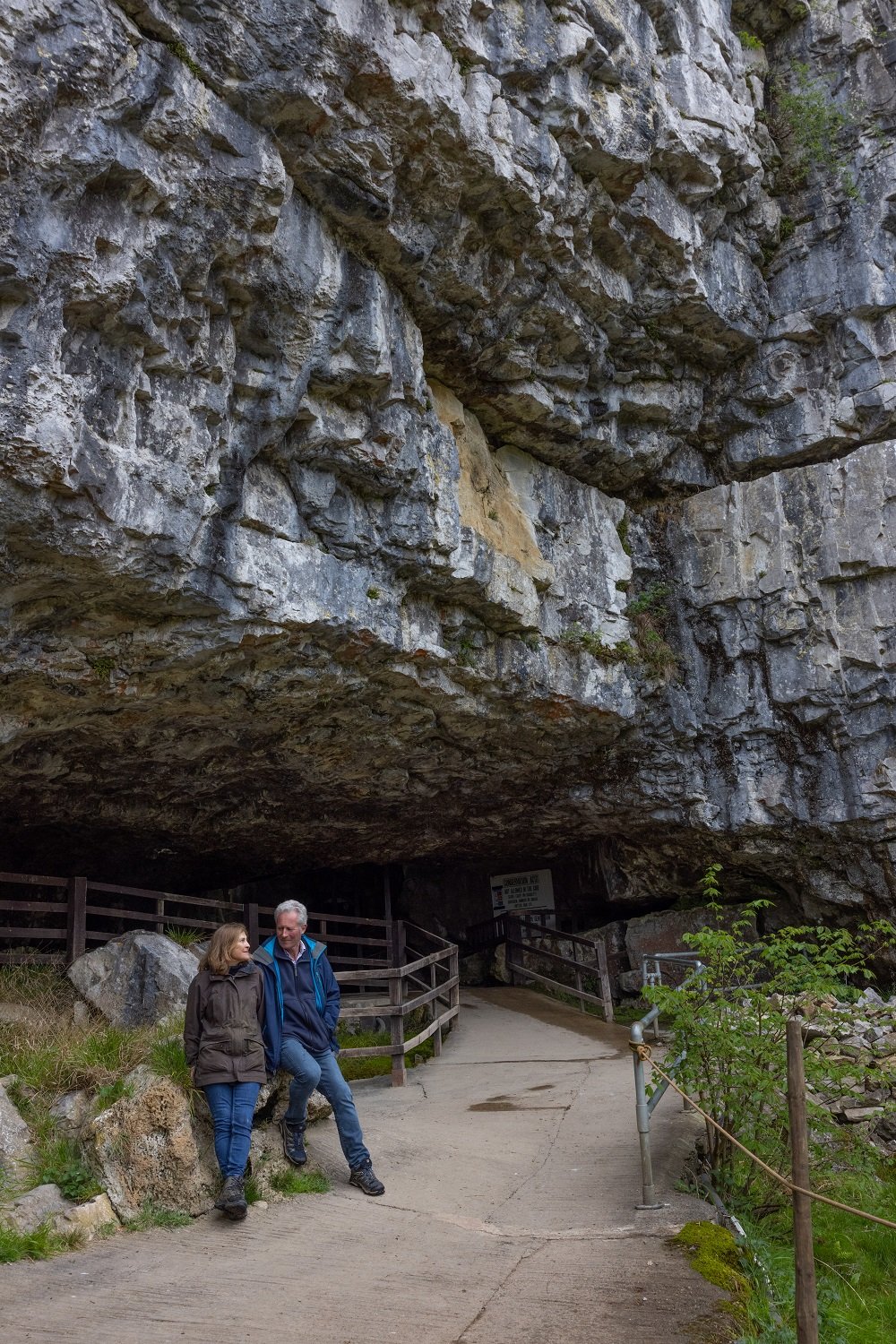
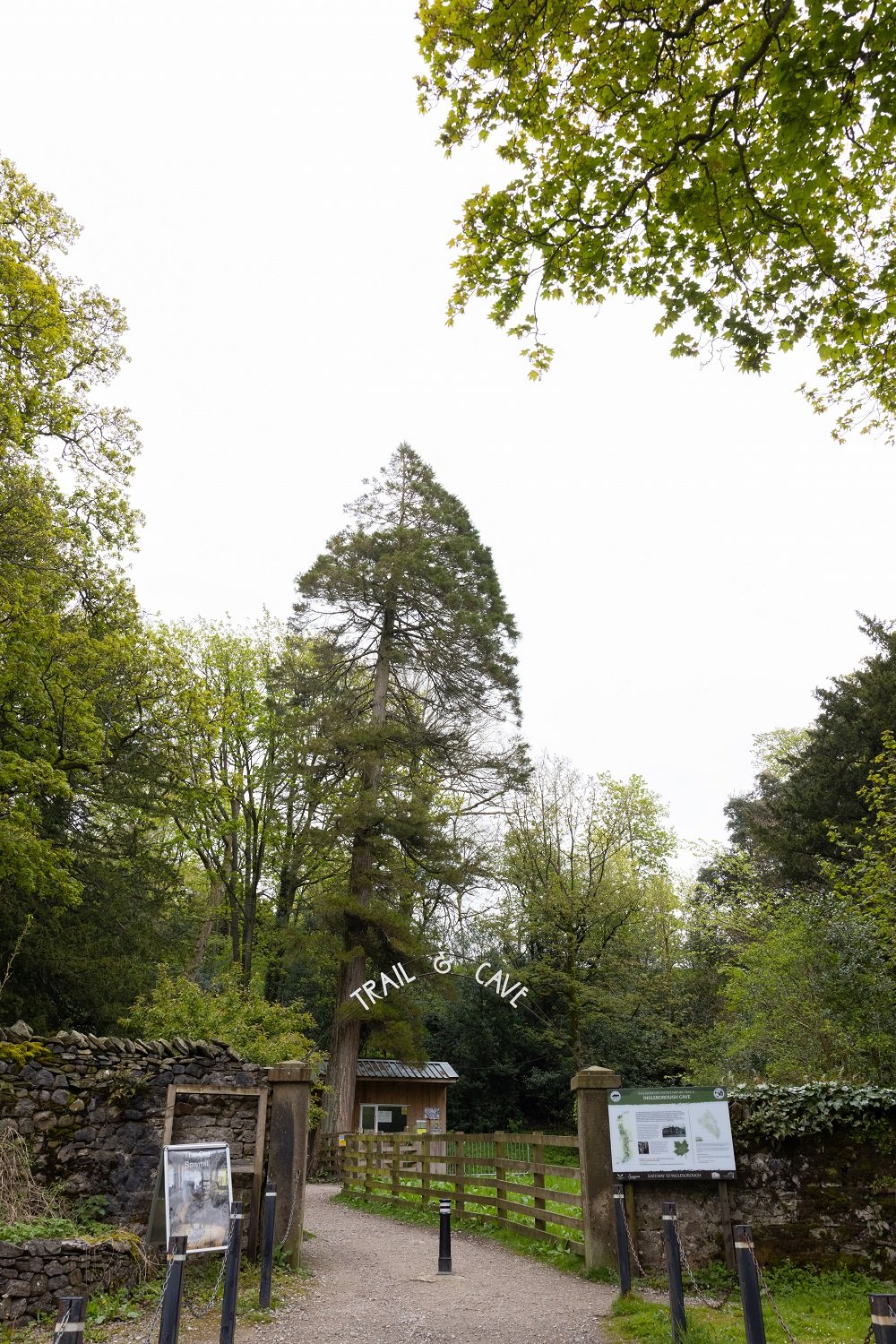
The ’right people’ include Hannah Renwick, an associate surveyor in Knight Frank’s Rural Consultancy team, who spends on average two to three days a week on the estate, working from the office in Clapham. Her wide-ranging brief covers day-to-day management of the estate including looking after tenants and contractors, working with the National Park and Natural England, driving projects and other diversification ideas as well as ensuring general maintenance tasks are carried out.
“Setting up the café was a big project that took the best part of a year,” says Hannah. “We had to find a suitable alternative workshop for the existing tenant who worked from the sawmill, fit out the listed building within strict provisions of local planning policy and work closely with ecologists and Natural England to ensure the conservation of our bats. Pulling everyone together was part of my role.”
Teamwork is a phrase that Philip returns to repeatedly and Hannah is a key player in the team. “Hannah’s understanding of the estate, her empathy and ability to get on with people helps everything run smoothly,” he says. “What the entire Knight Frank rural team provide for us is access to a huge range of internal specialities that help in every aspect of our business. Advice on strategy for the next decade and a vision for the future is invaluable. With projects including tree planting and peat restoration, we see an important role in helping the public understand the importance of the natural environment.”
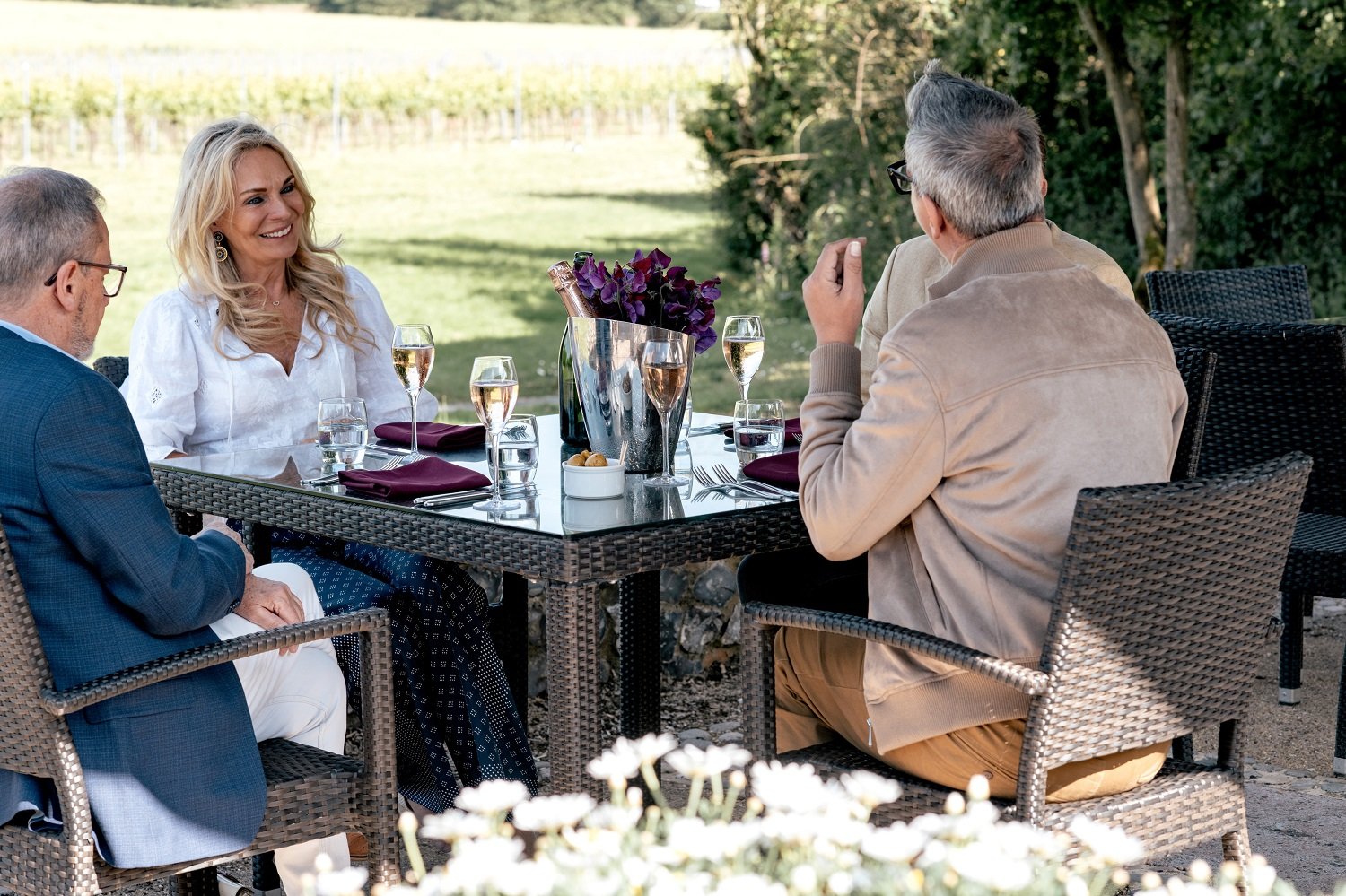
In Westerham, Kent, Henry Warde, with his wife Claire and their four children, is the eighth generation of his family to live at Squerryes Estate, but he can take credit for being the incumbent who brought the estate bang up to date. In 2006, with his father John, he planted 36 acres of vines that many years on, produce award-winning sparkling wine, skilfully perpetuating the Warde family motto etched in the window of their glorious 17th century country house and replicated on every bottle they sell: Licet esse beatis, translated as 'permitted to be joyful'.
Squerryes is one of the nine members of Wine Garden of England, a group of Kent-based wine producers who work together to promote the county’s fast-developing wine tourism industry. Through close collaboration, they aim to make the visitor experience as rich, enjoyable and educational as possible. While Henry served as the group’s Chairman, he engaged Knight Frank as their first Property Partner, a role that Ed Mansel Lewis, head of Knight Frank’s viticulture team, relishes. His team offer full consultancy services including a unique state-of-the-art satellite mapping technology to identify prime land, advising on how to improve and increase production, and helping with marketing and business development.
“Wine production sits at the heart of a community, with the wonderful tradition of harvest celebrations and producing a local branded product with provenance,” Ed says. “Compared with arable farming where one person and the right machinery can work a 1000-acre field, viticulture requires one person per 30 acres, more during intense periods of the year, providing more local employment and strengthening the community. There’s something lovely about that and about inviting visitors in, providing experiential days out.”
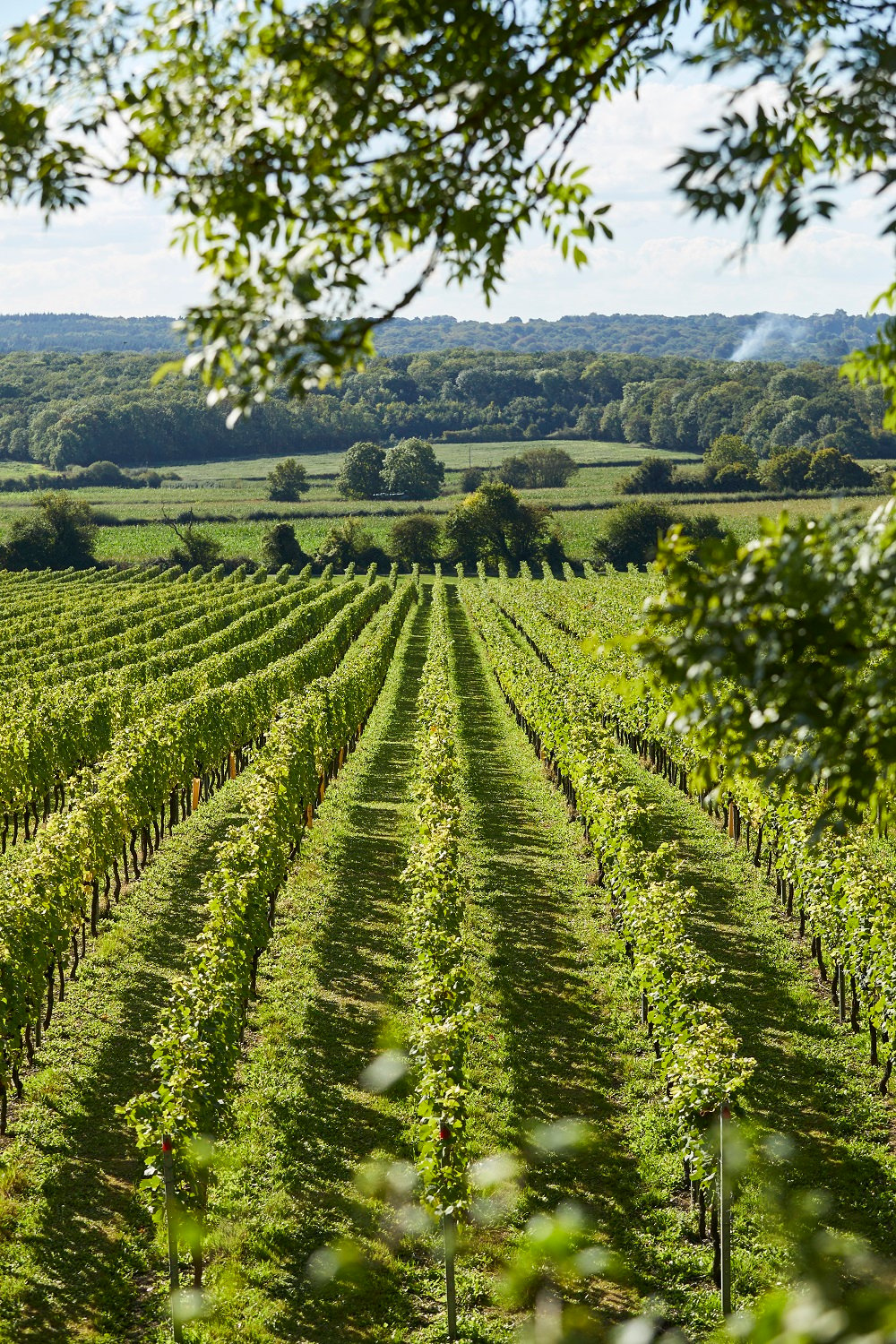
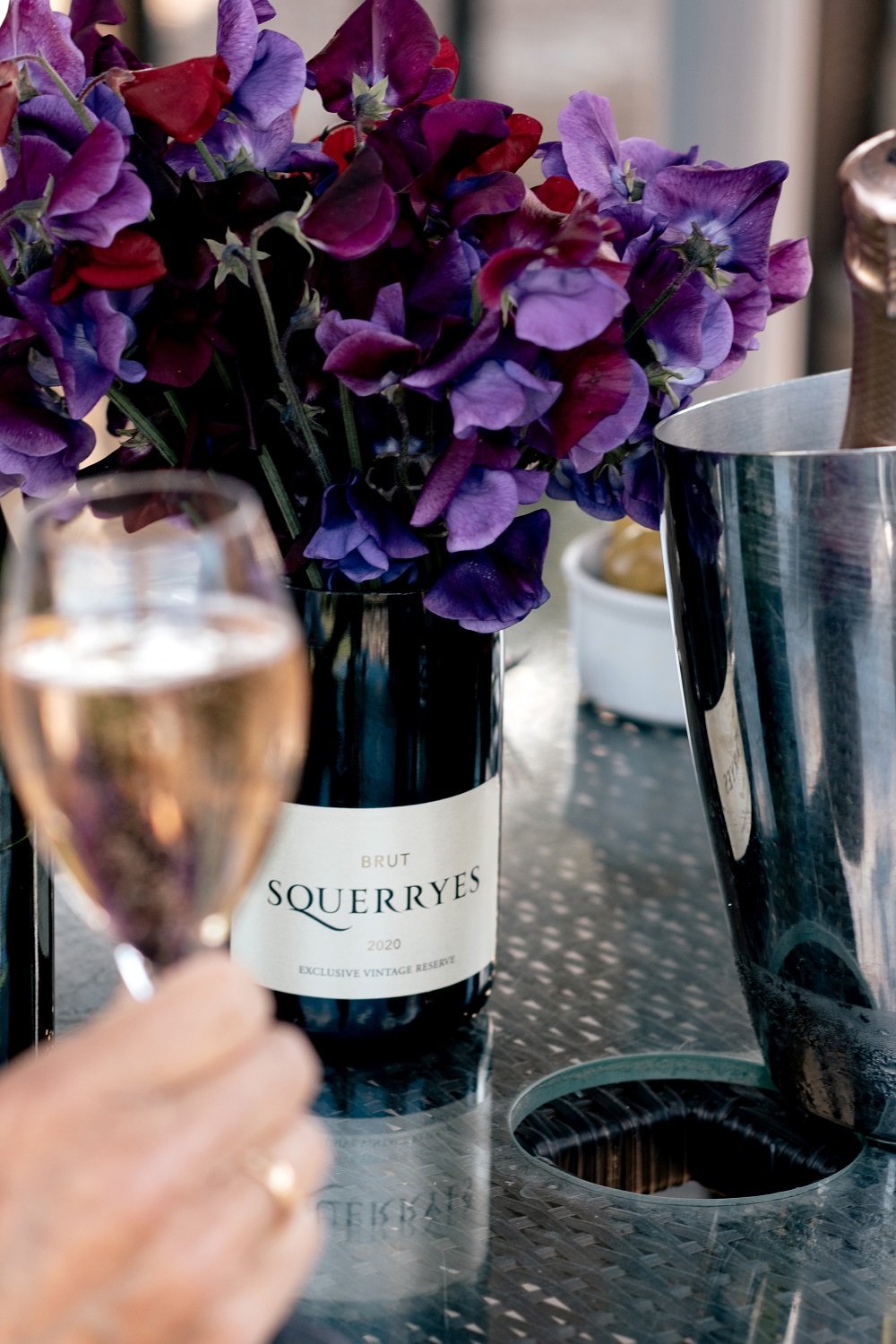
The mutual support within the Wine Garden of England is inspirational but so too is their enlightened thinking around the visitor experience, adding modern visitor centres and welcoming restaurants for example. To avoid the problem of driving after a wine tasting, one member provides transport from the winery to the local train station while others are considering linking with local hotels and pubs with rooms to find affordable overnight accommodation.
“Farming as a sector has come under huge pressure in recent years and increasingly, farmers cannot rely on farming income alone, making the right diversity critical,” says Ed. “We provide diversity consultancy packages alongside our core vineyard services, and demographic mapping to show who the best local partners should be.”
At Squerryes, 300 years after the Warde family first arrived, the current generation have taken the diversity theme to heart. Not only have Henry and Claire planted vines, added a tasting bar, beer brewery, restaurant and café alongside a deli selling an impressive selection of over 40 British cheeses, but they are also a host venue for a popular parkrun and gave their estate a starring role in the third series of Netflix drama Bridgerton. The production crew spent a week setting up the grounds for a Regency garden party that formed the floral backdrop to the on-screen drama. Yet more Licet esse beatis provided by this historic estate.
Find out more about Knight Frank's rural consultancy and viticulture services or contact Ed Mansel Lewis and Hannah Renwick to discuss your rural needs.

